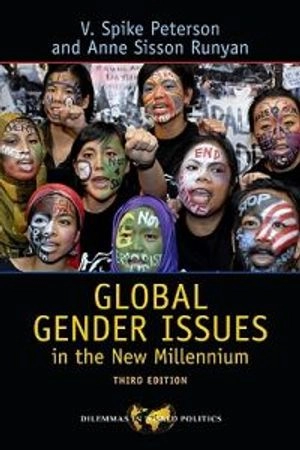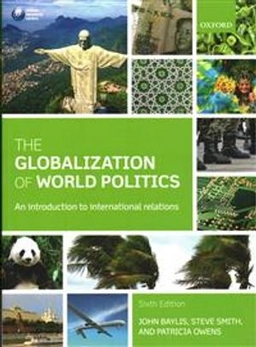Global Gender Issues in the New Millennium connects the inequalities between and among women and men with the world politics of global governance, security, political economy, and ecology. Through historical, theoretical, and empirical analysis, the authors alert us to gendered divisions of power, violence, labor and resources, as well as the power of gender as a meta-lens that keeps gender, race, class, sexual, and national divisions in place, despite some re-positionings of some women and men on the world political stage. In this completely new edition, which reflects significant advances in feminist international relations and transnational feminist scholarship, the authors apply intersectional analysis to global governance, militarization, global economic restructuring, and environmental degradation. They explore how crises of representation, insecurity, and sustainability have widened and deepenedparticularly in the post-9/11 periodwhile at the same time global gender policymaking (quotas, gender mainstreaming, and the advancing of womens human rights) has increased.The authors focus on this apparent contradictionthe higher level of attention to gender and womens human rights in a time of fierce militarization, savage economic inequality, and ecological crisisbut also address how the power of gender, as a meta-lens that orders world politics, can be deconstructed to rethink identities, ideologies, structures, and policies that rest upon gendered processes of imperialism, neoliberalism, racialization, and sexualization. The book emphasizes how hard-won attention to gender equality in world affairs can be co-opted when gender is used to justify or mystify unjust global governance, global security, and global political economy, but at the same time sees promise in coalitional struggles to re-radicalize feminist world political demands to change the downward conditions of women, men, children, and the planet. Thus, the authors also examine the challenges of forging transnational solidarities to de-gender world politics, scholarship, and practice through renewed politics of representation and redistribution.
Åtkomstkoder och digitalt tilläggsmaterial garanteras inte med begagnade böcker





















